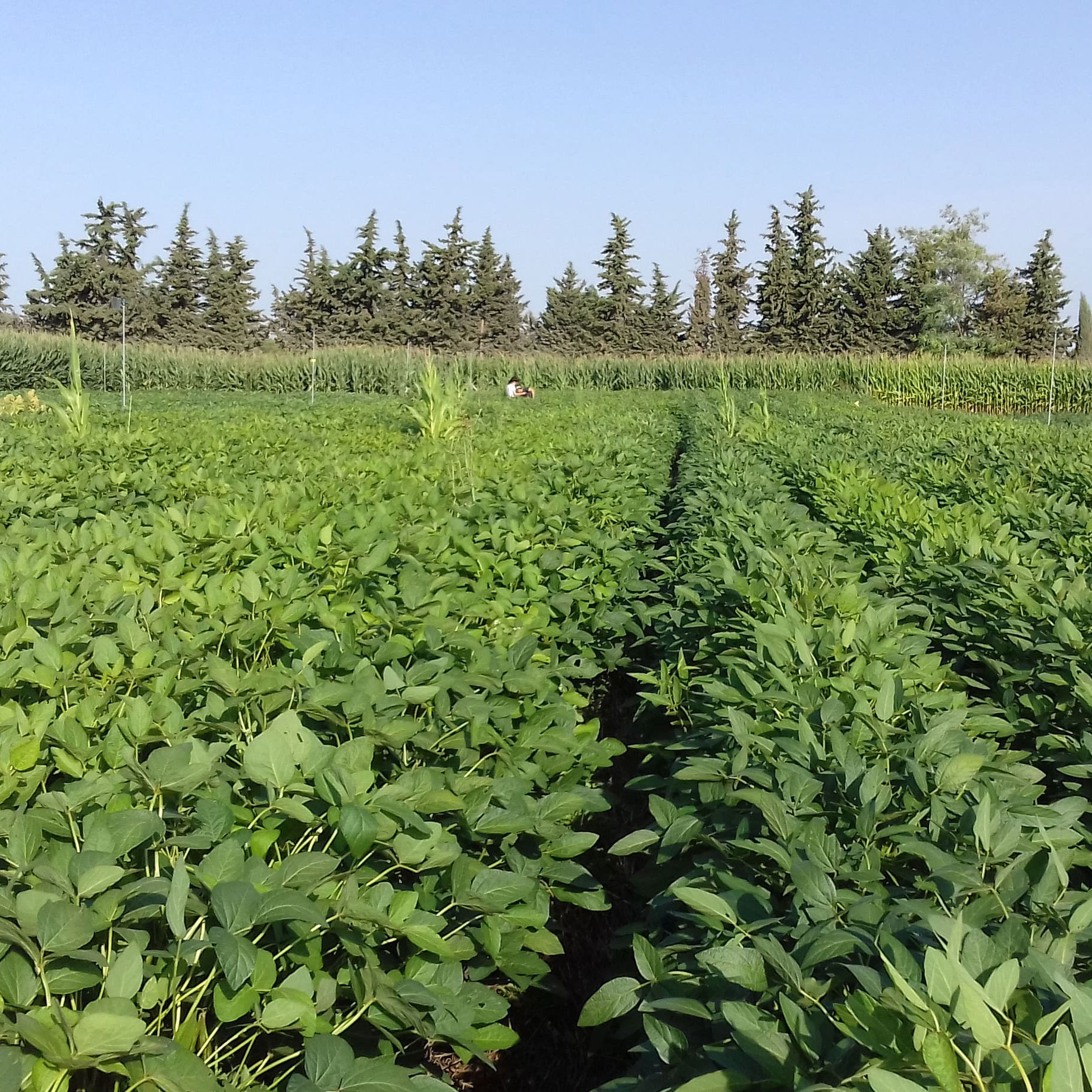Who needs beans? You do!
The potential of legumes
Legumes can simultaneously contribute to several production, environmental, and nutritional objectives. This is well known by science and policy, but how well is it known in society at large?
Legumes contribute to:
- Increased European protein self-sufficiency
- Diversification of cropping systems and farm businesses
- Reduction in fertilizer and pesticide use and greenhouse gas (GHG) emissions
- Enhancement of sustainable diets
- Prevention of land degradation and biodiversity loss
Despite these widely recognized benefits, grain legume production in Europe is still low, partly due to inadequate investment in breeding, sub-optimal management practices, and gaps in farmers’ knowledge. To ensure food and nutritional security under climate change and reduce pressures on natural resources, the potential of legumes must be fully utilized.
The LegumeGap project contributes to this objective.

Unfolding the potential of legumes
Fredderick Stoddard presents
“Why does the world need to grow legumes?”
Webinar presentation in Finnish